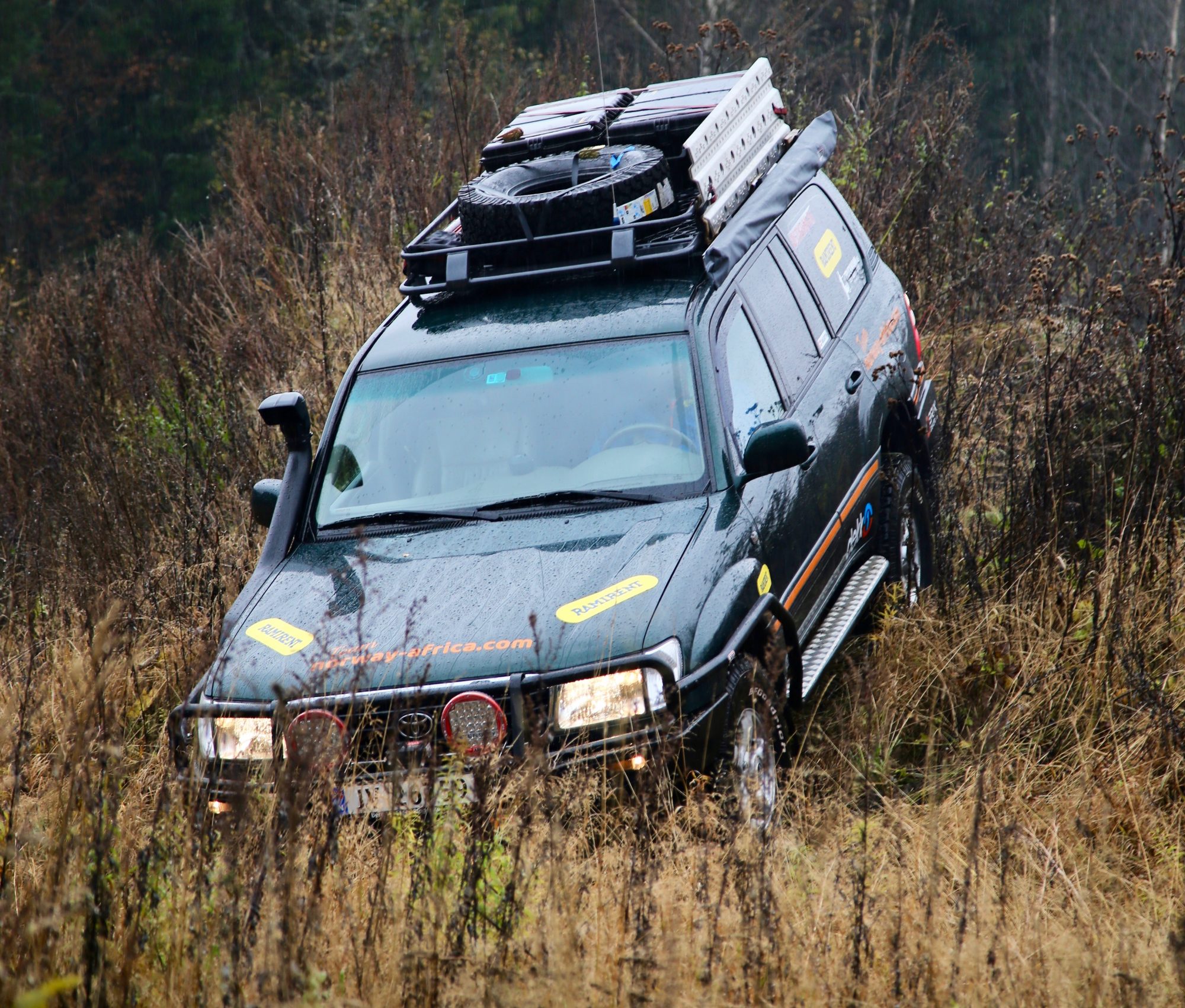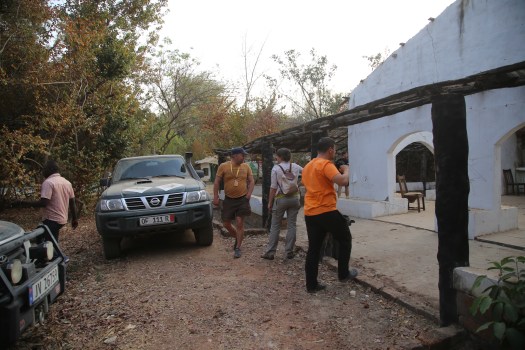Catching up with the rest, it was time to go off-road again. Not knowing better, we headed back towards Saint Louis to fill up our supplies. It took approximately two hours on trying to find somewhere decent to withdraw money, buy bread, beer, cheese and toppings. We also got used to a new word Cadeau! Which means little gift. However, in West Africa in means a whole lot more. It can mean serious bribe, gratuity, tax and handout. It can be a 10 Euro bank note for a customs officer for no reason, a Coca Cola, Green Tea, your car or anything between. We got information during the preparation that it was important to stock up with gifts and give-away items. We had experienced some of this before, but from now on it was something to get used to. In Saint Louis the children flocked around the car and started asking for gifts. And every time you gave something away, ten more people would come and start asking.

During the morning briefing I downloaded the coordinates for the race sheet, and found out that the stage would cross the main road at a distance of 180 km. There was also a longer, but maybe faster route on tarmac. So leaving Saint Louis we decided to take the “shorter route”. “Shorter” can mean two different things; Shorter in time – or shorter in distance.

I was so keen on once again go through the official route that I didn’t catch that there was a second meaning to it, and guided us towards the race coordinates. Almost there I remember we had a loud discussion in the car around miscommunication. Anyhow, it all came out to the best. As we approached the coordinates I found a very nice gravel road that took us directly towards tonight’s bivouac. Unfortunately it ended half way as we came into a local marketplace with six roads/tracks leading into it. As it was afternoon, the market day was about to end and people headed back to their villages on carts and driving herds of goats, sheep and cows. Mostly women and children sat on their donkey carts with todays catch. It was really interesting to go through the villages and see how they lived, the fences and their houses. It looked like time had stood still in these places as most of the village was built by straw, mud and sticks. We continued onwards, and as the sun started to settle we only had 18 kilometres to camp by air.


Problem was that we ran out of road leading in the right direction. We had no tracks on our GPS, nor in any of our maps. Luckily our new friends had a satellite map, that we after a couple of failures were able to find a track in the dark, but it was dusty and low visibility and our speed was in some cases down to 15-20 km/h to be able to see ahead.


We also ran over some fields and were able to scare a whole village as we went through it by car in the dark with all our lights and engine sound. As we rolled into camp, almost all the others were already there. We sat up camp, had something to eat and was very satisfied with all our experiences and sights during the day under the monkey-bread trees of Khaye Boubou.

[route-map id=660 params=0 topinfo=0 showtravelmode=0 showtitle=0 graph=1]
























































You must be logged in to post a comment.